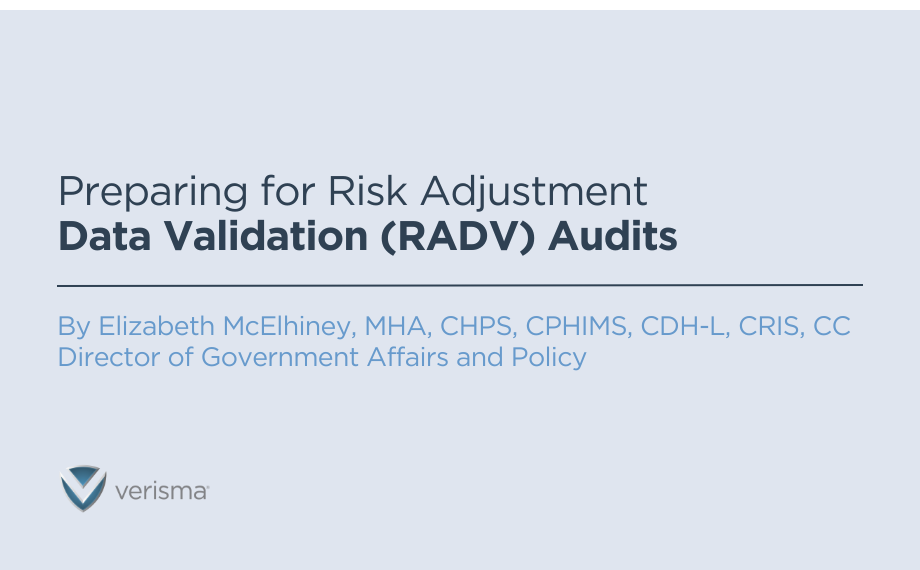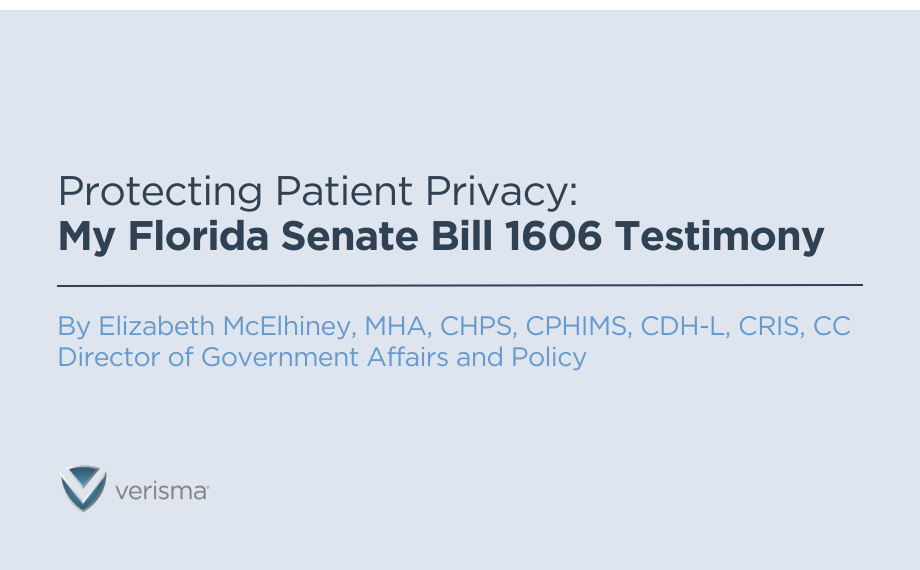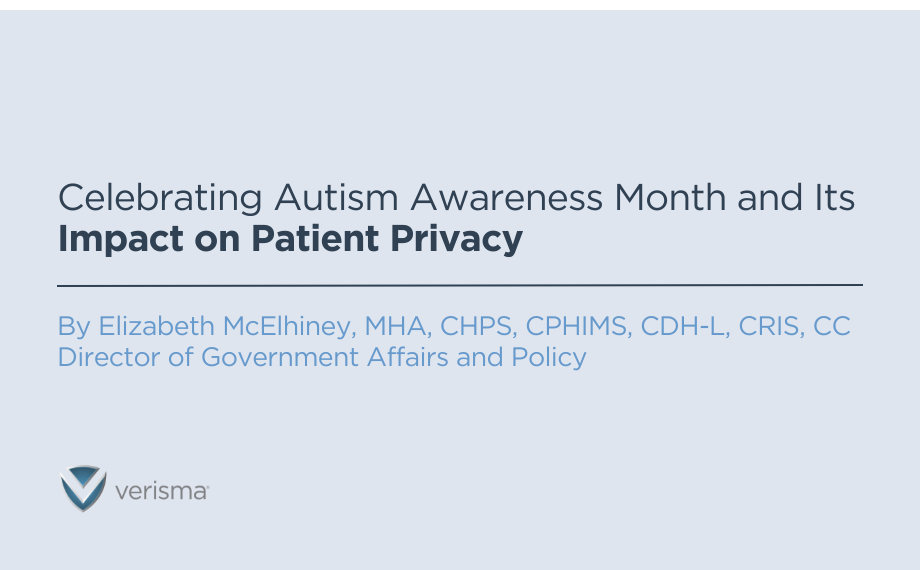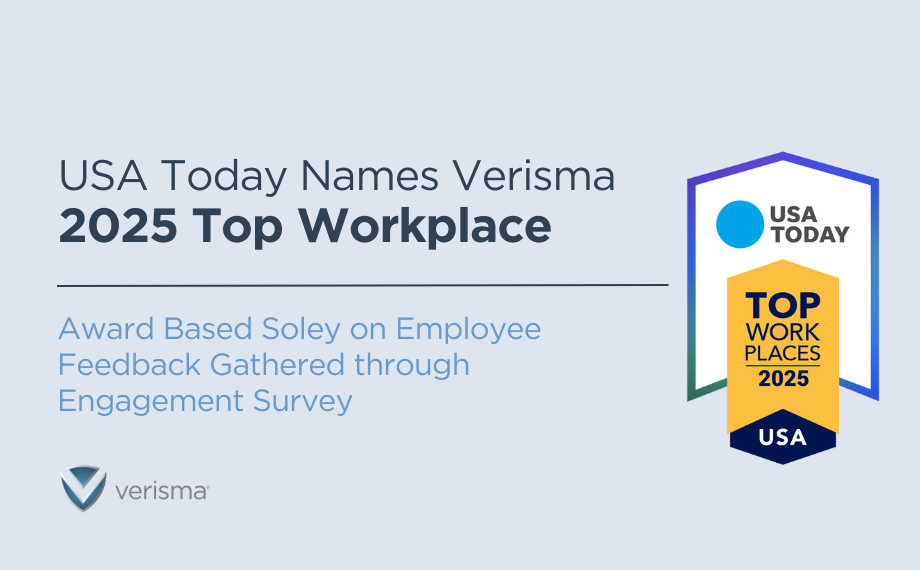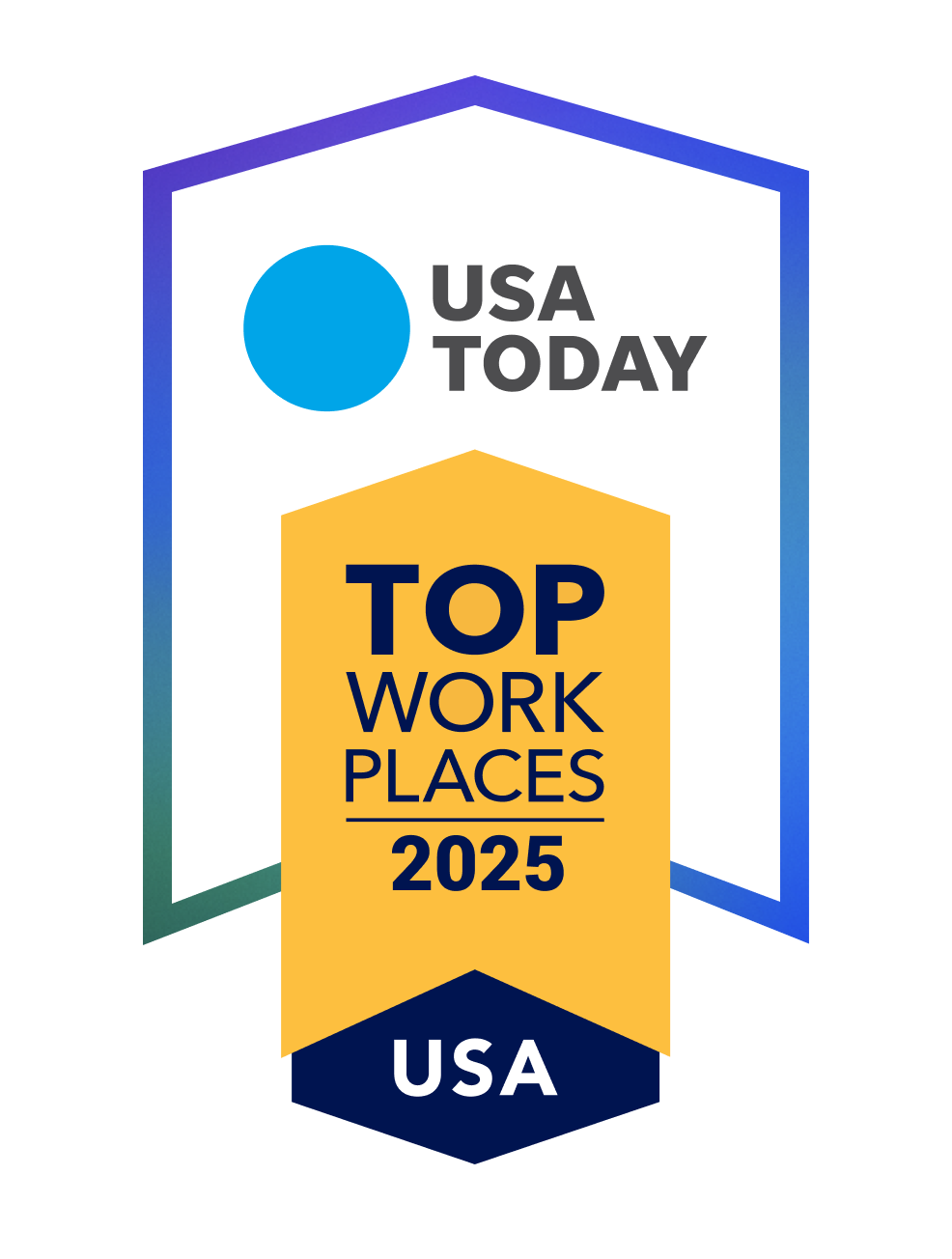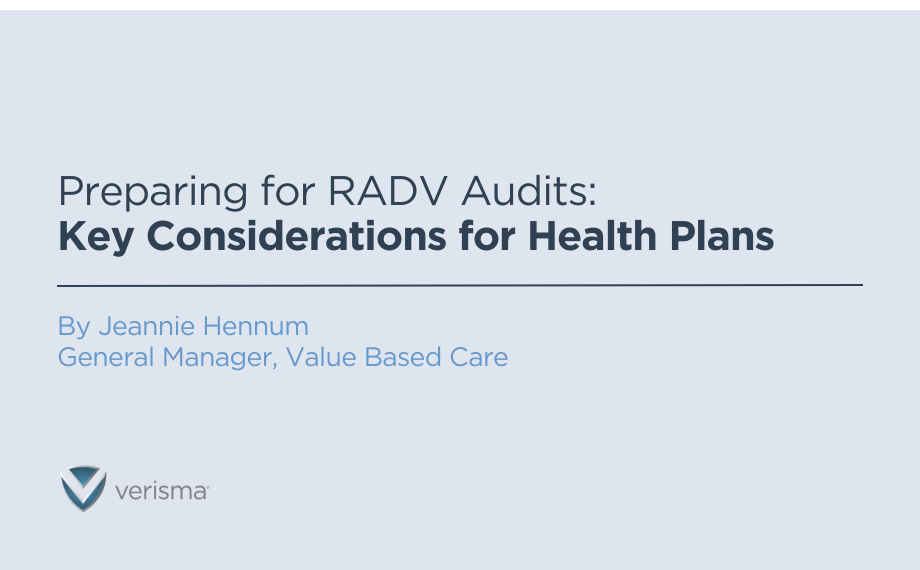
Preparing for RADV Audits: Key Considerations for Health Plans
By Jeannie Hennum
General Manager, Value Based Care
Verisma
June 24, 2025
My esteemed colleague and government affairs/policy guru Elizabeth McElhiney recently published a blog for providers detailing an announcement from the Centers for Medicare and Medicaid Services (CMS) regarding their initiative to rapidly administer outstanding Risk Adjustment Data Validation (RADV) audits and expand the parameters of new RADV audits by September 1.
The audits are important to the entire healthcare system – safeguarding the accuracy and integrity of health plan data, and the effort is part of the federal government’s effort to remove fraud, waste and abuse (FWA) in Medicare Advantage (MA) programs.
RADV Refresher
Because this hasn’t been an active program for eight years, let’s review.
Risk Adjustment is a CMS process that is used by health plans to determine their enrollees’ (patients, members) health status, specifically identifying any chronic conditions the patients have (or potentially will have), which in turn most likely will result in the need for additional healthcare and services. Hierarchical Condition Categories (HCC) coders review the medical records, identifying and coding the patients’ chronic conditions. The coding results are used to generate each enrollees’ Risk Adjustment Factor (RAF) score and provide the basis for reporting submissions to CMS. These results also help support care management programs for the patients. Based on the health plans’ submissions, CMS then provides additional funding needed to ensure the patients receive the necessary benefits and services promoting better health outcomes for the patients.
RADV (Risk Adjustment Data Validation) audits are generated by CMS to ensure the health plans have submitted accurate diagnosis data. RADV audits require health plans to submit the best medical record to validate the patients’ chronic conditions – basically, to provide a “receipt.” The RADV audits have short timeframes and stringent requirements. Failure to validate potentially has significant financial penalties for health plans, primarily stemming from recoupment of overpayments.
Recent changes to RADV for payment years beginning in 2018 will let CMS extrapolate to calculate the overpayment from the sample and then recoup that total amount. For instance, if the health plan has coded/submitted the “diabetes” for a patient, but they cannot provide the medical record to support this diagnosis during the RADV audit, CMS may recoup the funding back from the health plan for this patient and for all other members diagnosed with diabetes. Other penalties the health plan may face are false claims liability and exclusion from government healthcare programs.
Accurate risk adjustment is crucial for ensuring health plans receive appropriate compensation for the care of patients, promoting fairness and stability in the healthcare system.
Where It All Began
RADV audits started in 2002 with the Improper Payments Information Act (IPIA), and it has been revised numerous times. CMS is several years behind finishing these audits, and the Trump administration wants to complete all RADV audits for payment years (PY) 2018 to 2024 by early next year.
To do so, CMS is hiring 2,000 coders and deploying enhanced tech to meet the deadline. They’re also increasing the amount of medical records it will audit from 35 records per health plan to 200, and audits from 60 MA plans annually to all (approximately) 550 plans – a 900 percent increase.
RADV’s Importance
- Financial Accuracy: RADV ensures health plans are compensated accurately based on the risk profiles of enrollees, encompassing significant financial implications for health plans.
- Quality Care: Accurate data is essential for identifying high-risk individuals and ensuring they receive necessary care, helping improve health outcomes.
- Compliance: RADV audits help ensure compliance and mitigate the risk of penalties and sanctions.
Important Health Plan Considerations
- Implement robust data validation processes and regularly review and update information to prevent errors.
- Align with providers to ensure medical records are complete and accurate.
- Train staff on the importance of correct diagnosis coding and documentation to help improve data accuracy and reduce the risk of errors during RADV audits.
RADV is a crucial element of the healthcare system, ensuring CMS funding is accurate and payment is made only for documented services and diagnoses. Health plans can promote financial stability, improve quality of care, and ensure CMS regulation compliance.
Verisma has helped providers navigate accurate health information for 20+ years and we’re ready to meet the demand of these volumes for payers, too. Contact us today to discuss how we can help.

